
What are some of ways that technology can be used to combat things like racism, bipartisan politics, Islamophobia, antisemitism, and extreme prejudice? Especially when these things are systemically embedded in certain cultures to the point that rationality seems to fly out the window? I see conversations on social media in peaceful international groups such as this one as a great potential stepping stone to mediate the tension between groups who seem to be devoted to blind hatred for one another. What are some other ways technology can advance social and political sciences?
“This article analyzes the narratives of Islamophobia in Hindu Nationalism (Hindutva). Specifically, it analyzes how Indian Prime Minister Narendra Modi, from the Hindu nationalist Bharatiya Janata Party (BJP), articulates Islamophobia in his speeches, interviews, and podcasts. In total, a discourse analysis of 35 such documents has been conducted. Conceptually, this article applies the notion of language-games to understand how Modi articulates Islamophobia. The article contends that while Modi’s Islamophobia is executed subtly, it is nonetheless a function of the way in which Hindutva conceives of Muslims as subordinate to Hindus. Two Islamophobic narratives in Modi’s political discourse have been mapped out: the erasure of Indian Muslim histories in Modi’s economic development agenda, and the characterization of Hinduism as having a taming effect on Islam in India. The article provides a conceptual overview of language-games and a review of how Hindutva defines Hindus and Muslims, before analyzing how Modi articulates Islamophobia. The article concludes by suggesting that a Hindutva-driven Islamophobia may have permeated into the Hindu mainstream.”

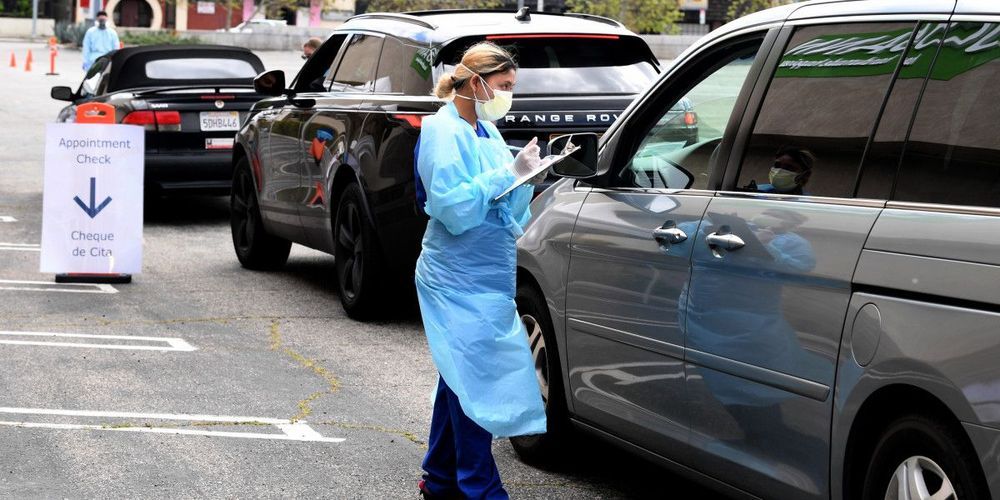
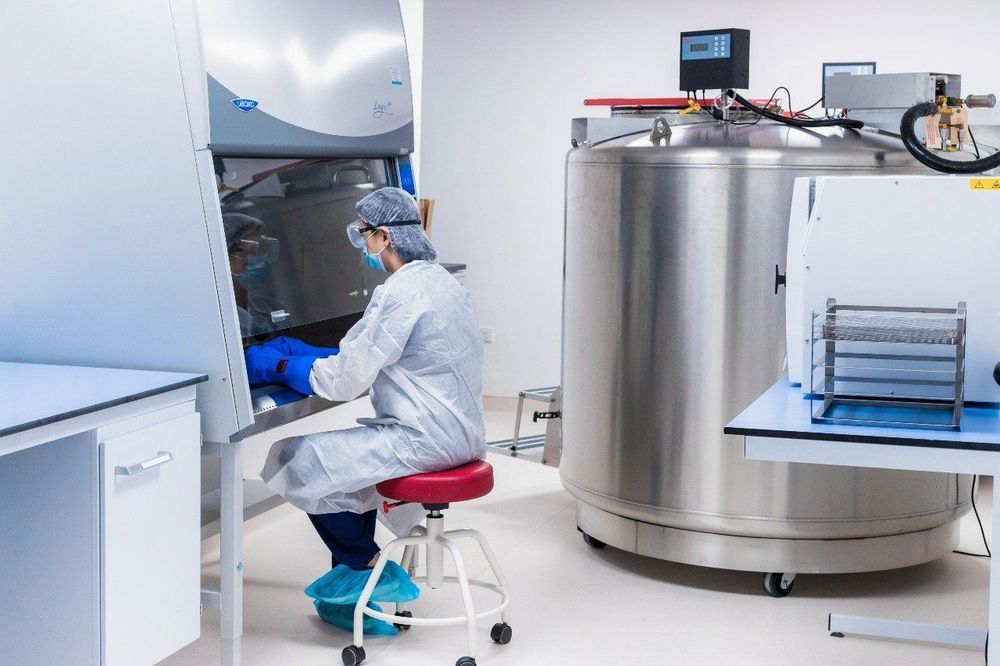


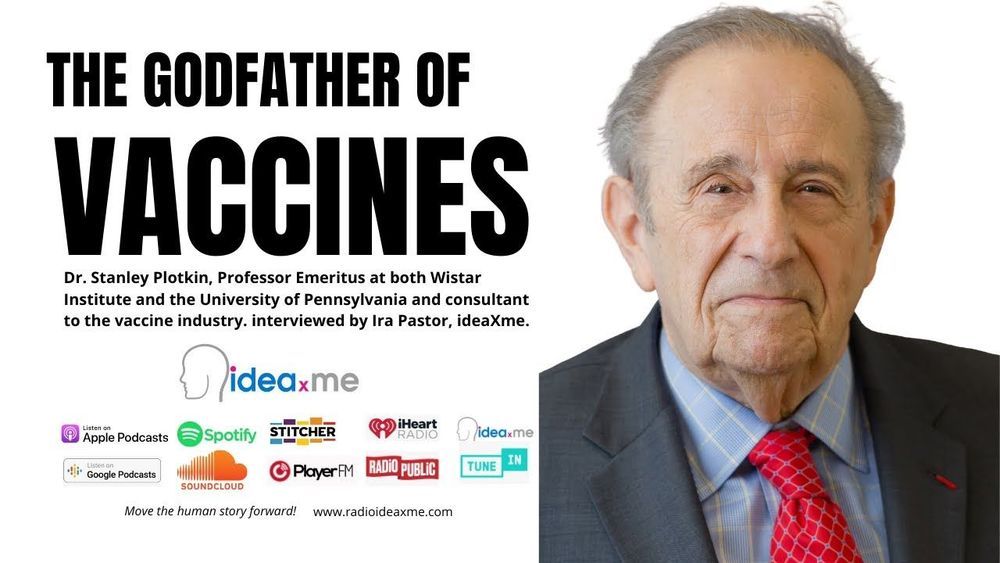

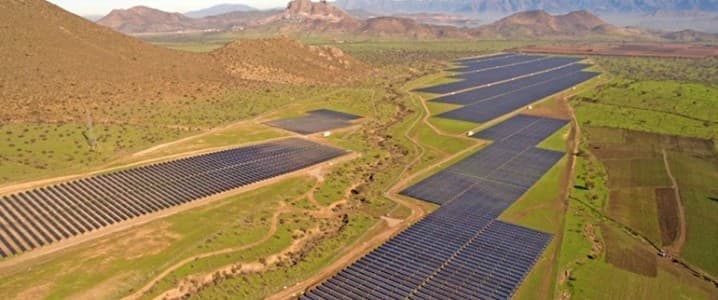
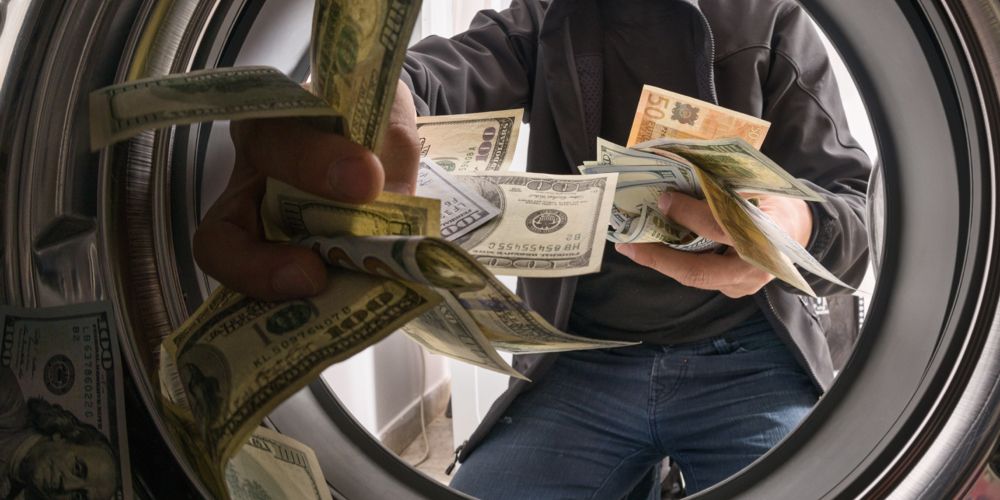
 April 2020
April 2020






